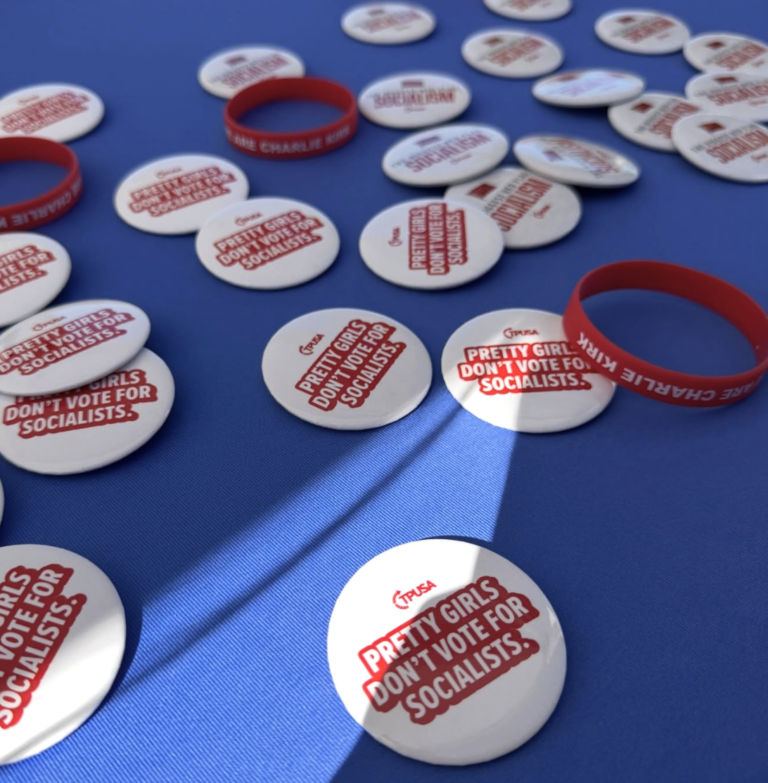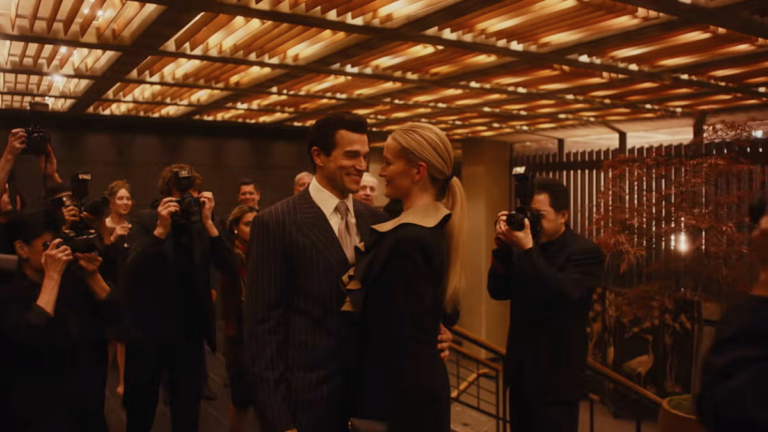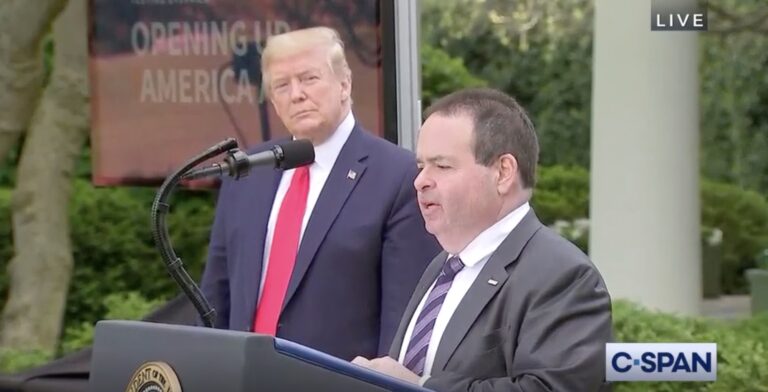The Course You Can’t Take: The Wisdom of Wesleyan
The class of 2020 arrived at the University last week. The significant connotation their class year holds, I hope, is not lost. In ophthalmology, 20/20 vision refers to normal, though not perfect, visual acuity. A patient able to view letters three inches in width from a distance of 20 feet is said to have “normal,” 20/20 vision. (Likewise, those who have 20/10 eyesight can only read the same sized letters from at most 10 feet away.)
Diagnostics aside, this somewhat arbitrary measure is the standard by which we choose to view our world. For those whose eyes require an extra set of lenses, vision is almost always corrected to 20/20. Reasonably, we may look to this incoming class for a certain visionary prowess, anticipating their ability to foresee a future free of wealth inequality, climate change, gender violence, and institutional racism.
Indeed, with each new group of students that enters the University to continue their life’s work, the obligation to prepare change-agents to tackle our world’s most pressing issues becomes all the more imperative. I need not mention the virulent racial bias within law enforcement across the United States, the thinly veiled Islamophobia in purportedly advanced countries, nor the systemic abuses of human rights throughout the Middle East. In the backdrop of these crises, of course, is yet another that threatens the very existence of our species.
Perhaps the most difficult task faced by the class of 2020 in pioneering solutions is fulfilling and maintaining the final component of the University’s stated mission: “Practical Idealism.” Within any incoming class of freshmen and transfer students, there will be some who believe fervently in their ability to create a more equal and peaceful world. Left unchecked, however, this idealism may promote a blinkered worldview, causing one to favor a radical ideology and outright reject others’ ideas when they are inconsistent with one’s own.
Worse still, one’s optimism may paradoxically result in apathy. Blind optimists might ascribe a godlike power to social entrepreneurs or scientists hidden away in laboratories, believing they will eventually develop a panacea for all that ails our planet. With the crafting of solutions left to experts, one need not feel any personal responsibility to change their consumption habits or alter their behavior toward the most destitute in our society.
To be sure, some level of optimism is required to envision a future in which there is equal protection under the law and the guarantee of basic human rights. Without such insight and creativity, innovative fixes to our world’s most difficult issues are unlikely to arise. Nonetheless, these roseate views have to be tempered with a certain dose of pragmatism to ensure we earnestly work toward bettering human society for all individuals.
The class of 2020, in addition to the last 10 or 15 incoming classes, represents what is perhaps our species’ last line of defense against a world seemingly on a crash course toward cataclysm. Though we cannot expect that all graduates of Wesleyan will become civil rights lawyers or climate scientists, we can anticipate that their experiences at Wes will permit them to contribute significantly to ongoing dialogue and action surrounding these issues.
While President Roth offers a massive open online course (MOOC) ambitiously called “How to Change the World,” there is no single class at Wesleyan that provides students with the requisite tools and knowledge to do just that. That absence is present in part because no single department or multidisciplinary program at our university, or any institution of higher education, can hold a monopoly on promoting global change.
We can look to the use of theater and dance in Western prisons to decrease the rate of recidivism, or to the use of psychological research in forming fiscal policy as evidence of this eclecticism. The promise of a liberal arts education, in particular that of Wesleyan, to promote a varied educational experience offers the best chance at furthering such lasting change in our world.
The kind of practical idealism that Wesleyan attempts to foster provides students with a sweeping lens with which to view our infinitely nuanced and multicultural world, in turn adjusting how we view global events. Tensions in France surrounding the use of the burkini, for instance, can be better understood by taking into account the historical subjugation of Muslims and Arabs in Europe, the proximity of terror attacks, and the strong secularization movement in French politics.
Although this lens is inevitably imperfect, having long been shaped by a white, Eurocentric worldview, one’s experiences at Wesleyan lay the foundation to cultivate 20/20 vision. Surely, no two individuals will view social inequality in the exact same way, no matter the similarity in their education; however, bolstering one’s ability to think critically and undertake intellectual challenges can lend substantial insight to such issues. Adroitly defending one’s own viewpoints pales in comparison to the capability to recognize and consider those of others.
Welcome dialogue with members on the other side of the political spectrum, take a class that you have absolutely no background in, choose to attend that experimental music concert, and above all, embrace the uncertainty and discomfort that will come with your undergraduate career.
Ayres is a member of the class of 2017.







Leave a Reply